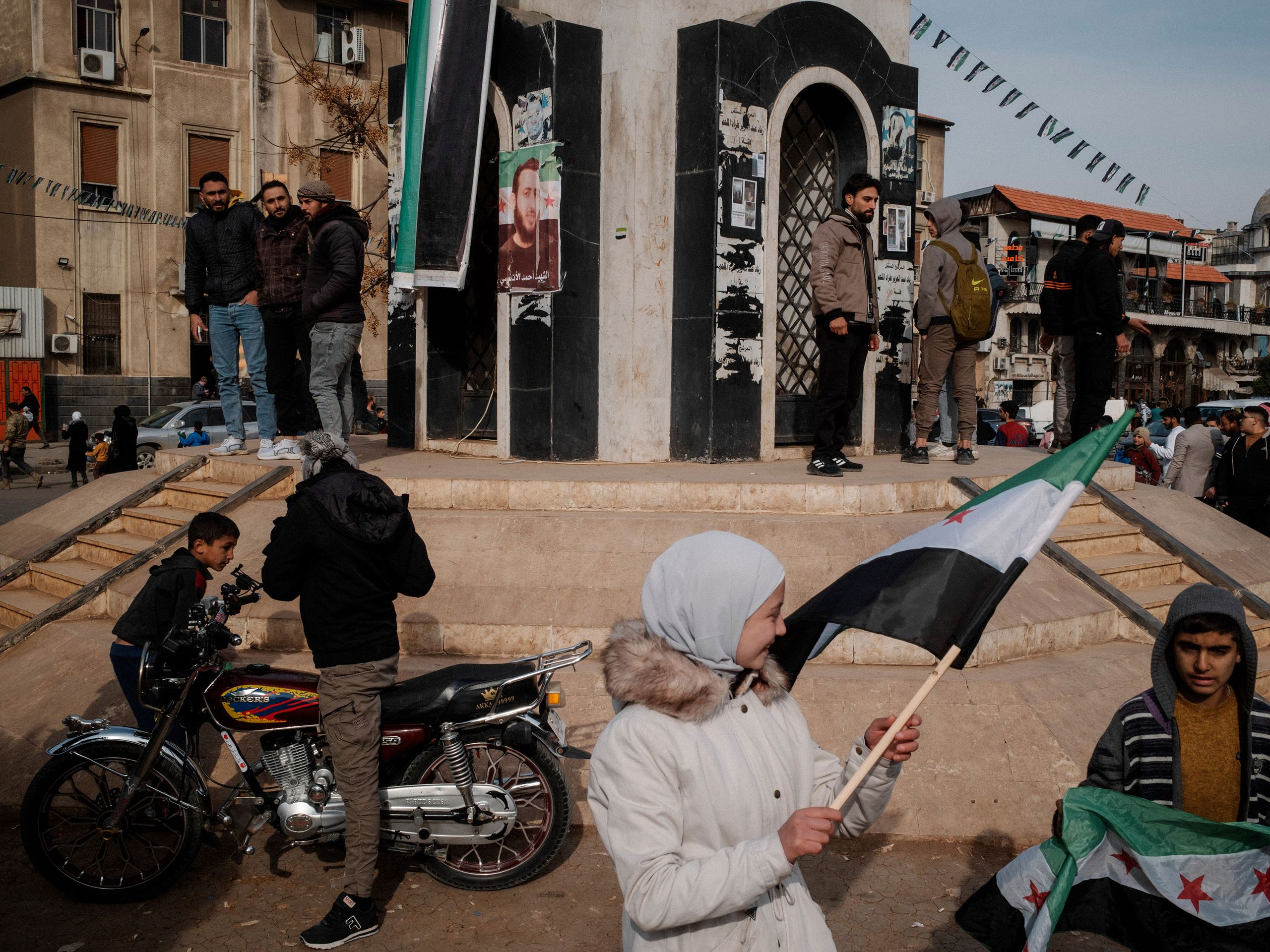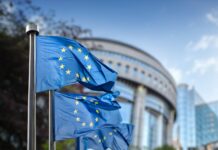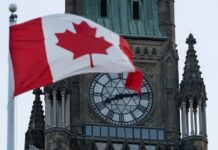
The EU’s sweeping decision to lift most economic sanctions on Syria took effect Wednesday, May 28, marking a shift aimed at supporting the country’s post-conflict recovery. Yet, alongside this announcement, the EU moved to extend and intensify targeted sanctions against individuals and groups associated with the ousted Assad regime, citing continued threats to Syria’s security and transitional progress.
The EU Council’s decision, formalized in its Official Journal on May 27, described the lifting of economic restrictions as a “historic achievement,” intended to foster “security, stability, and prosperity” in Syria. It removes sector-wide sanctions imposed in 2011, including bans on financial transactions, infrastructure projects, and trade with state institutions.
However, High Representative for Foreign Affairs and Security Policy Kaya Kallas stressed security-related measures remain in force. “This is not a blanket endorsement of the current situation,” she said at a Brussels press conference. “Our support is with the Syrian people—not with those who perpetuate violence.”
Regime Remnants and Human Rights Violators
While easing economic restrictions, the EU renewed sanctions—until June 1, 2026—against individuals and entities tied to the deposed Assad regime. The Council’s decision cited concerns about “the potential return of influence from remnants of the former regime,” warning that networks tied to the Assad and Makhlouf families remain active both inside Syria and abroad.
Citing the deadly March 2025 violence on Syria’s coast, the EU placed new sanctions under its Global Human Rights Sanctions Regime on two officers and three armed factions. Brigadier General Muhammad Hussein al-Jassim (Abu Amsha), of the Sultan Suleiman Shah Division, and Brigadier General Saif Bulad of the Hamza Division were named for their roles in human rights violations including torture, forced displacement, and extrajudicial killings.
The targeted factions—Sultan Suleiman Shah, Hamza, and Sultan Murad Divisions—were part of the Turkish-backed Syrian National Army. The EU accused them of systemic abuses not only within Syria, but also in foreign theaters such as Libya, Nagorno-Karabakh, and Niger. Sanctions include asset freezes, travel bans, and prohibitions on economic support.
Chemical Weapons and Accountability Still Central Concerns
The Council also highlighted the unresolved issue of Syria’s chemical weapons. It stated that more than 100 suspected chemical sites remain, a number far exceeding pre-2025 estimates. The EU called the dismantling of these stockpiles “a priority,” linking it directly to the safety of Syrian civilians.
Despite the economic opening, the EU reiterated its backing for a transitional government built on accountability and inclusion. “Lifting sanctions is part of a gradual and reversible approach,” the Council said. “It is contingent on the transitional authorities’ respect for human rights and rule of law.”
Balancing Incentives with Pressure
The dual-track policy reflects the EU’s attempt to balance incentivizing reconstruction with maintaining pressure on actors viewed as destabilizing. Michael Unmacht, Head of the EU Delegation to Syria, said the sanctions relief aims to “help Syria overcome challenges and move toward stability,” while reaffirming that “our relationship with the Syrians has no limits.”








